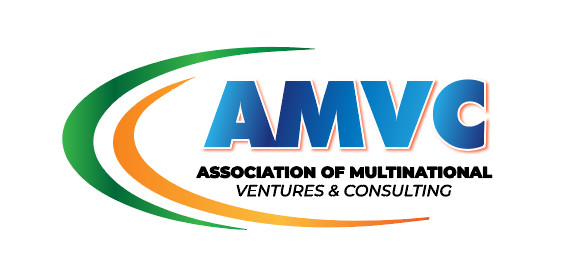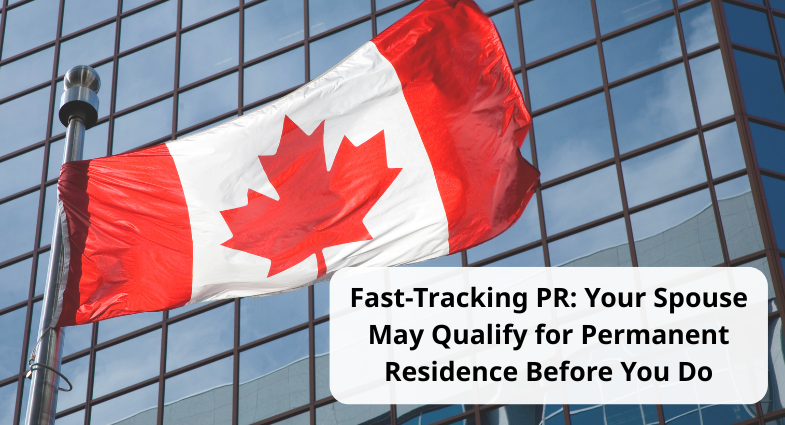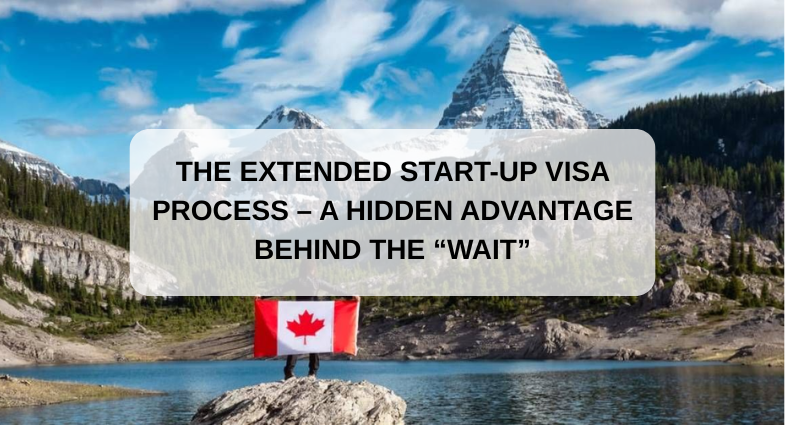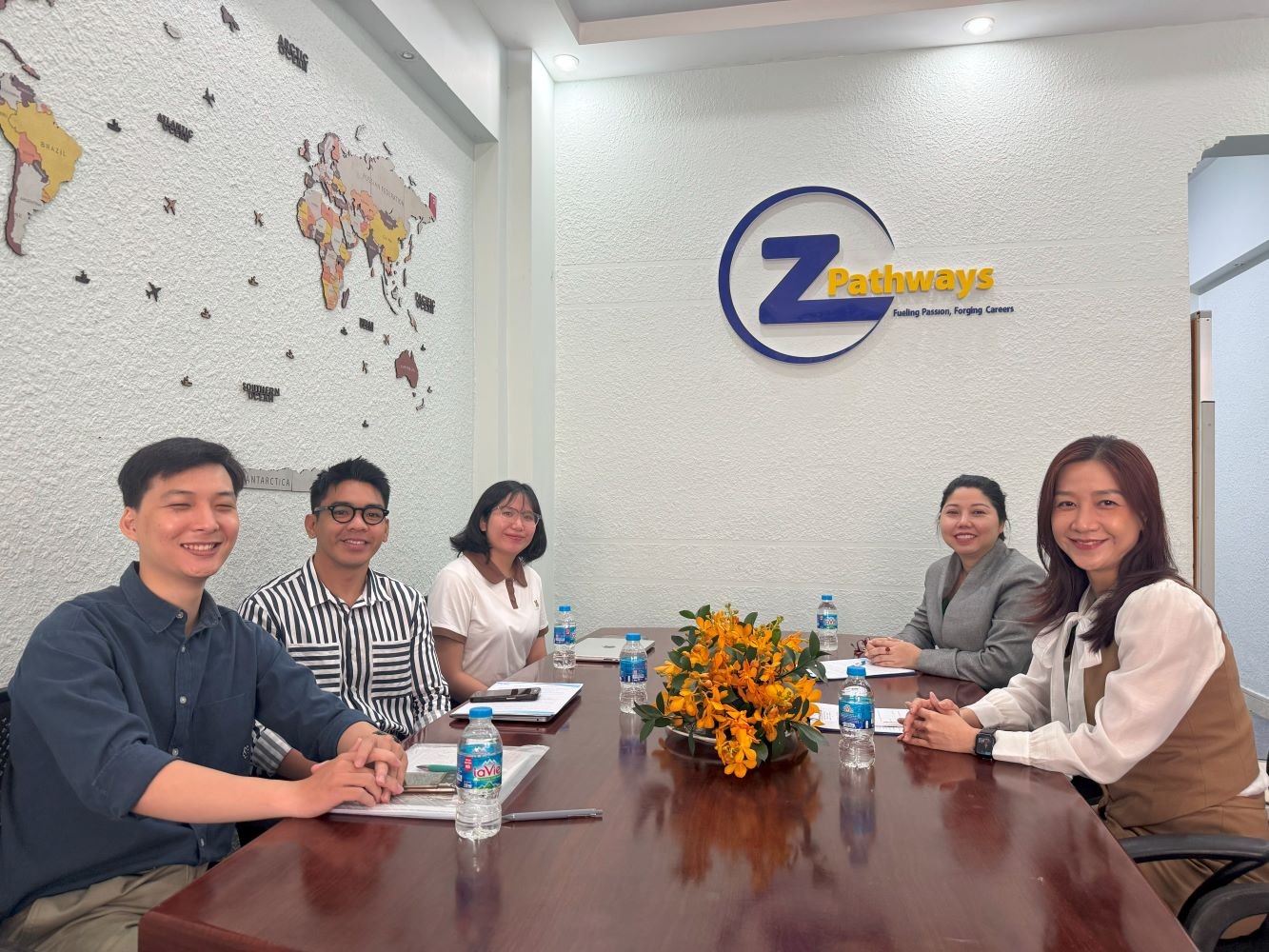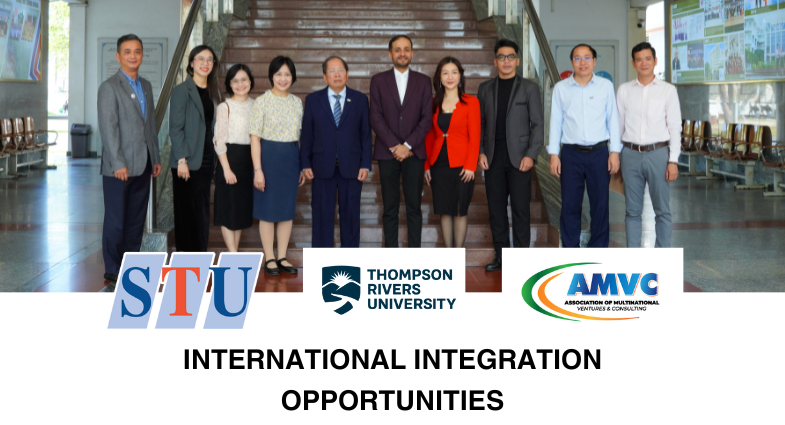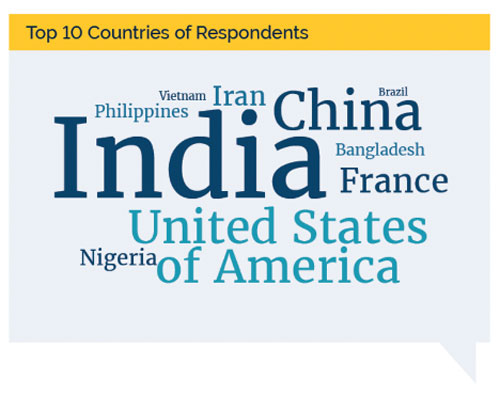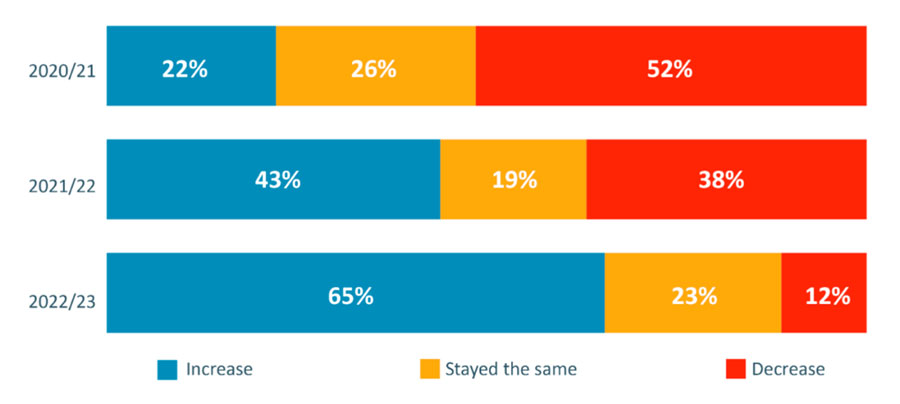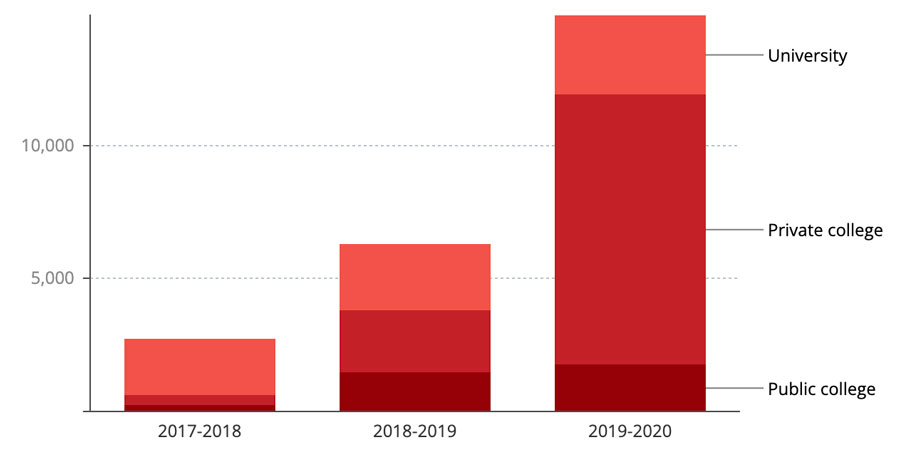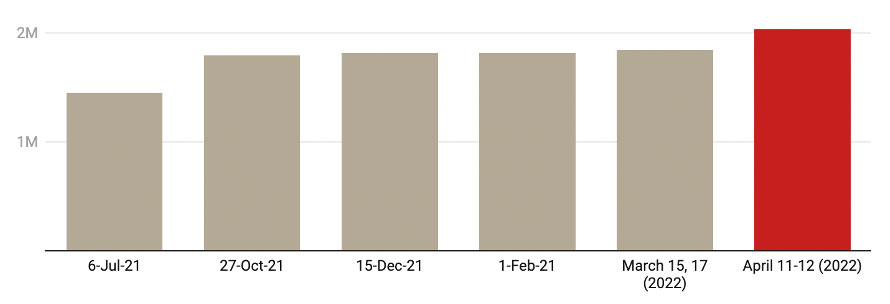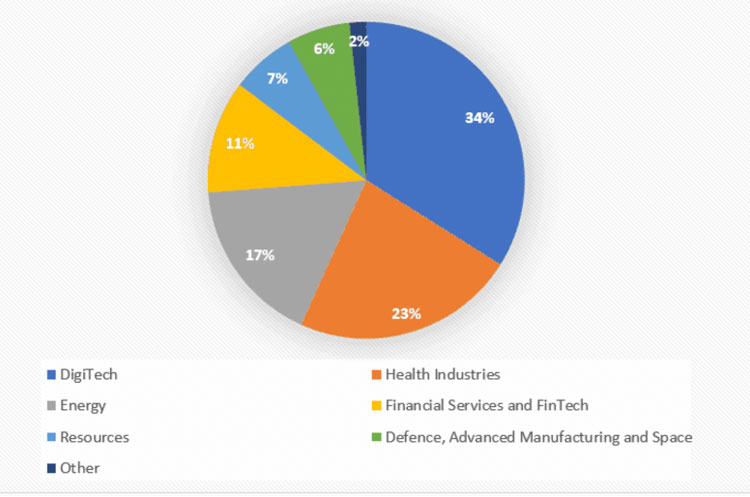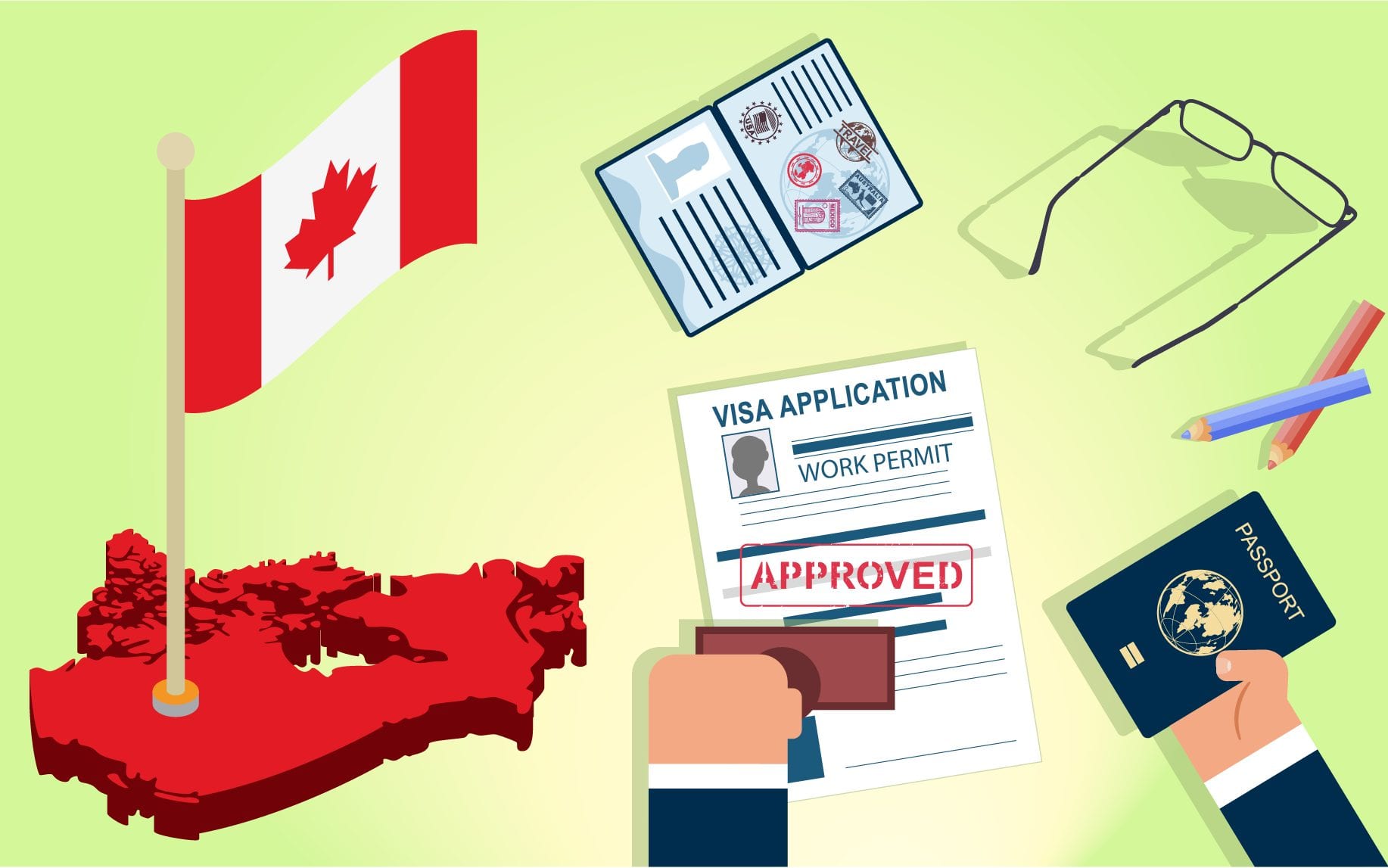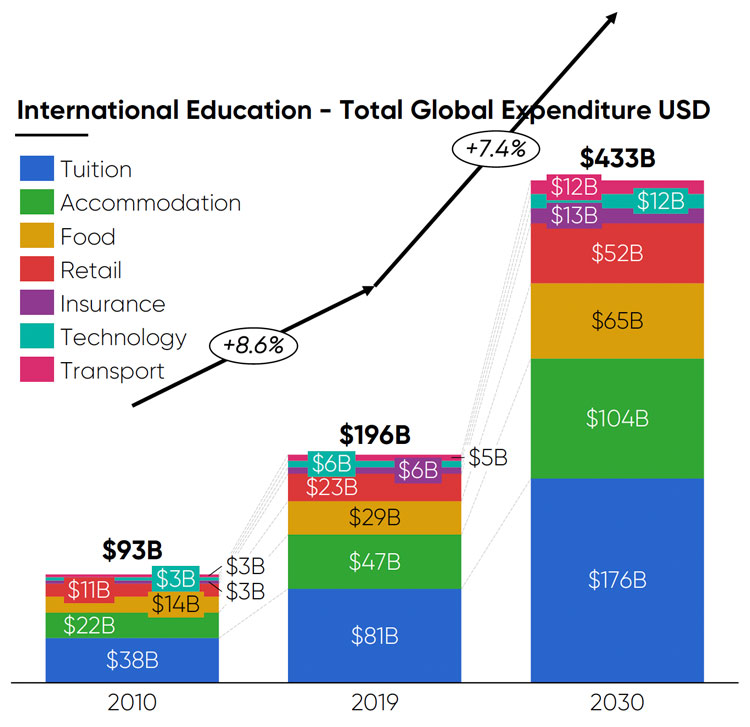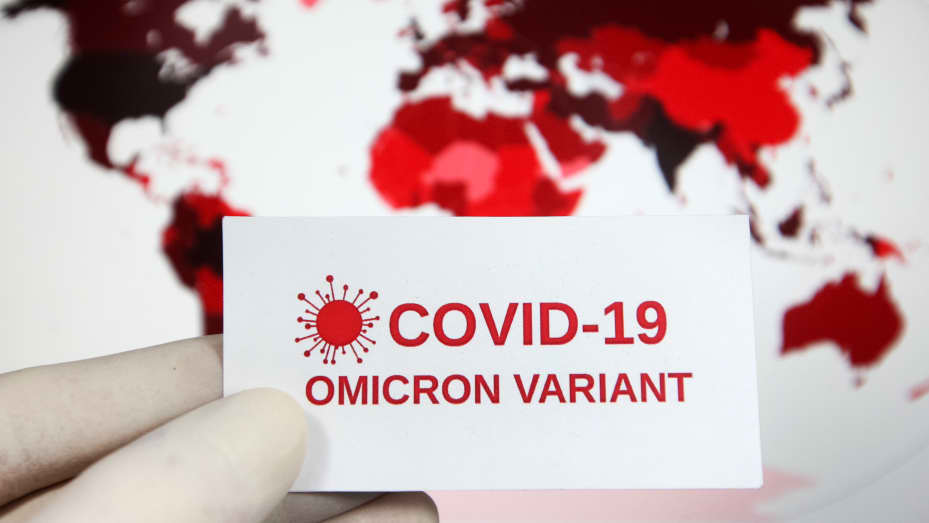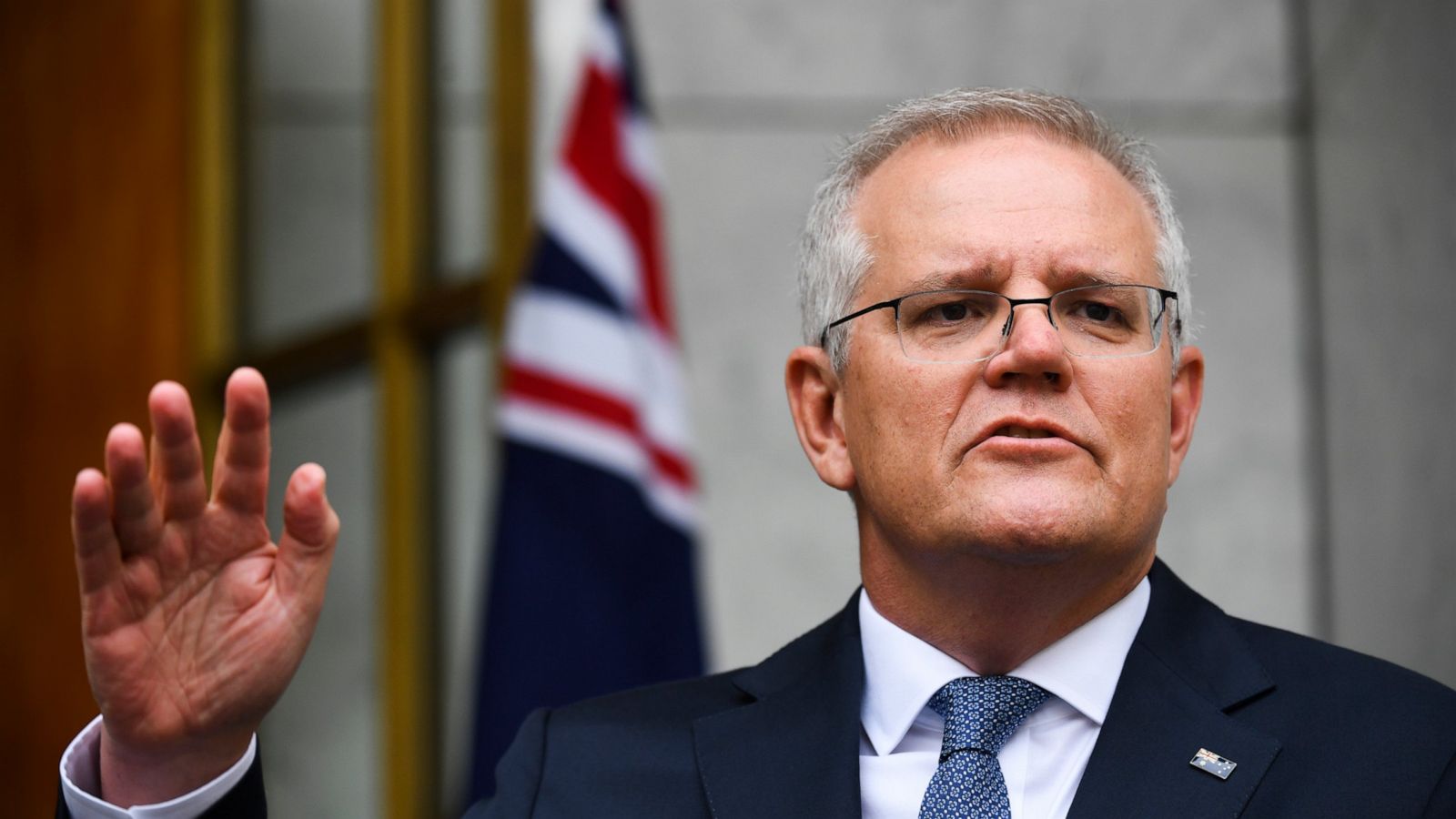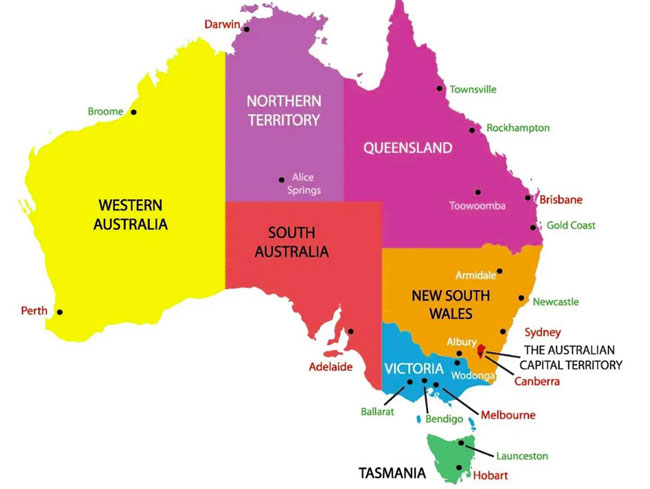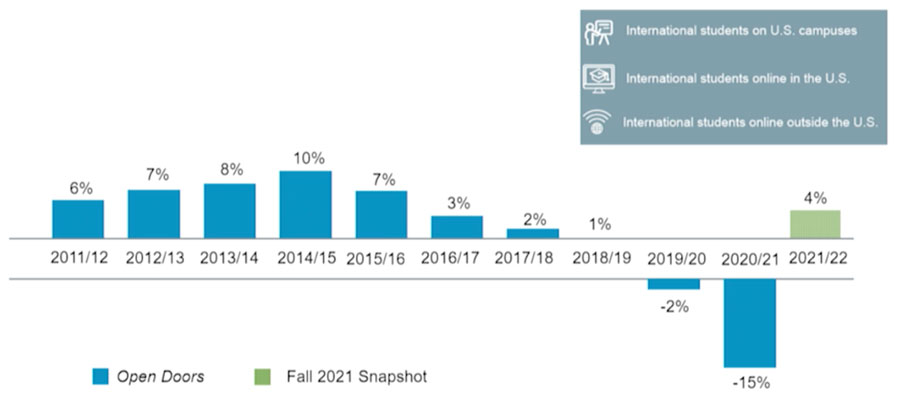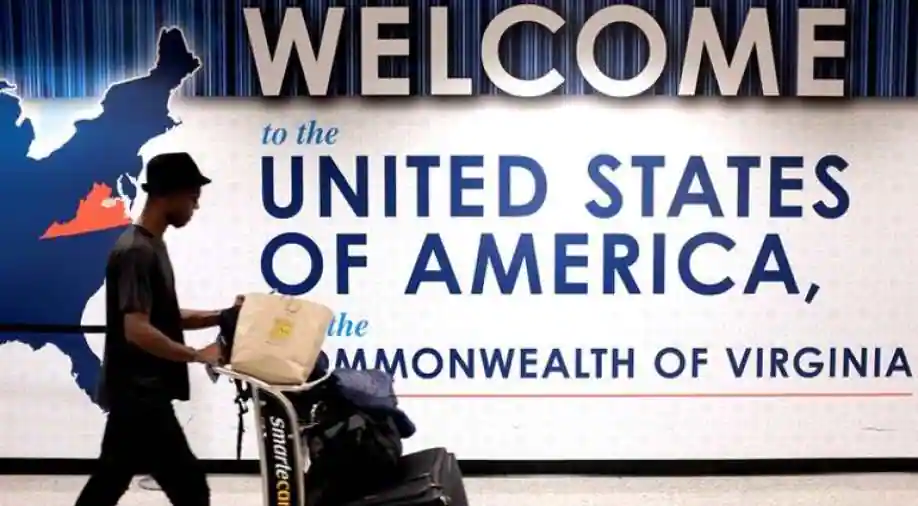As Canada’s Start-Up Visa (SUV) Program becomes increasingly competitive and processing times stretch up to ten years, many view this delay as a barrier. However, when examined through a deeper lens — encompassing policy, rights, and strategic operations — this period is not a setback but rather a “golden phase” for those with the capability, vision, and perseverance to leverage it effectively.
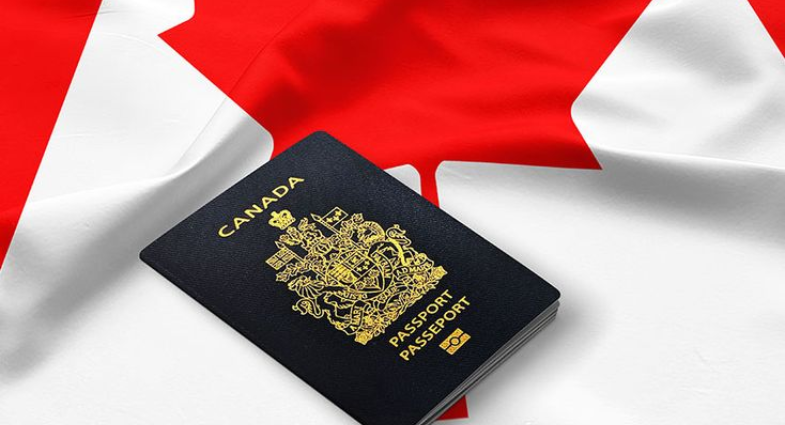
1. The Essential Founders’ Advantage – Settling in Practice Before Settling in Law
For Essential founders, receiving an Open Work Permit means gaining the right to work legally in Canada, access public healthcare, enroll their children in free public education, and build credit history, pay taxes, and open bank accounts — all as if they were permanent residents.
The waiting period thus becomes a time of real settlement before legal settlement. Founders can work, build connections, expand networks, and even grow their companies within Canada’s ecosystem — long before their PR applications are finalized.
In essence, the extended timeline transforms the Open Work Permit into a temporary form of permanent residency, offering sufficient benefits for founders to live, work, and establish stable ventures in Canada.
2. The Non-Essential Advantage – The Intra-Company Transfer Pathway
For Non-Essential founders, a prolonged SUV process does not equate to stagnation. Through the Intra-Company Transfer (ICT) program, key personnel from the parent company in Vietnam can be legally relocated to their Canadian subsidiary.
Although ICT does not grant an Open Work Permit, participants still enjoy access to healthcare, education for dependents, and legal residence in Canada. More importantly, operating businesses in both countries creates cross-border revenue streams, demonstrates sustainability, and proves to immigration authorities that the venture is genuinely active - not merely a “paper company.”
3. Five Years of PR vs. Ten Years of “Waiting” – An Indirect Recognition by the Government
A Canadian Permanent Resident (PR) card is valid for five years. Yet, if a Start-Up Visa application spans ten years, and founders continue to live, work, and access full social benefits, this can be interpreted as an implicit acknowledgment of residency by the government.
Rather than “temporary residents,” these founders are effectively permanent contributors - living, working, and paying taxes like any other citizen. The extended process, therefore, reflects the state’s flexible recognition of individuals actively adding value to Canada’s economy.
4. When Time Becomes a Strategic Asset
For founders with vision, extended timelines are not burdens - they are strategic assets.
During this phase, startups can:
- Expand products and prove commercial viability,
- Strengthen corporate profiles in Canada,
- Build credibility with investors, accelerators, and regulators.
What many perceive as “delay” is, in reality, a period of incubation - a time to grow economic influence and institutional resilience.
5. Financial Strength and Management Capability – The True Differentiators
In practice, many SUV founders or incubating units lack the financial capacity to sustain a ten-year journey. They struggle with living expenses, ongoing investment, and maintaining business operations without PR status.
In contrast, our team does not face these constraints. With disciplined financial management, access to government funding programs, and — most importantly — the ability to build real, revenue-generating products, we continue to expand and innovate.
We are not just waiting — we are growing. While others may pause due to financial exhaustion, we move forward, driven by strategic vision and sustainable operations. This financial and managerial resilience defines our difference: we understand the rules, leverage time, and turn the waiting period into a phase of strategic acceleration.
Maple STC – The Technology and IP Transfer Partner for Start-Up Visa Ventures
Throughout this journey, Maple STC plays a critical role as a technology and IP transfer partner supporting startups under the Start-Up Visa Program.
With strong capabilities in research and development (R&D), intellectual property transfer, and SaaS and AI-driven platform development, Maple STC empowers startup founders to:
- Standardize and protect their intellectual property,
- Build scalable, globally viable technology platforms, and
- Strengthen their commercial readiness and investment appeal in Canada.
The collaboration between AMVC and Maple STC embodies a shared strategic vision — not only helping startups reach Canada but enabling them to build real capabilities, real products, and real revenue streams. These are the fundamental criteria for long-term success in the global innovation ecosystem.
Conclusion – When Determination Meets Vision
A ten-year process may discourage the unprepared. Yet for those with clarity, resilience, and long-term vision, it is a dual-reward journey — one that allows them to live, work, and thrive in Canada while accumulating the business and financial foundations for sustainable growth.
The extended SUV timeline is not a delay but a natural filter — separating those who simply apply from those who can truly build.
And with AMVC’s operational expertise and Maple STC’s technological strength, our ecosystem of founders is not merely enduring the wait — we are evolving through it.
